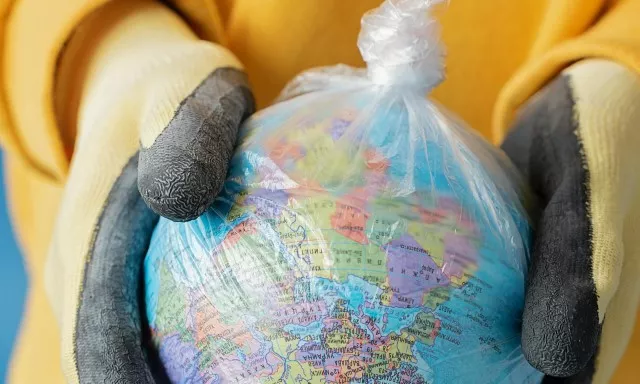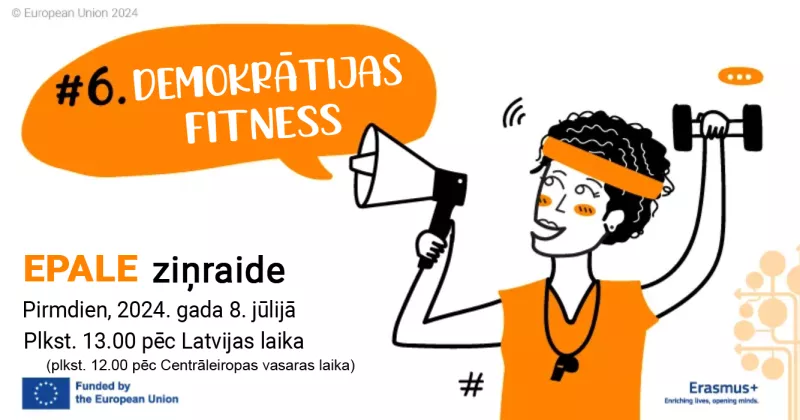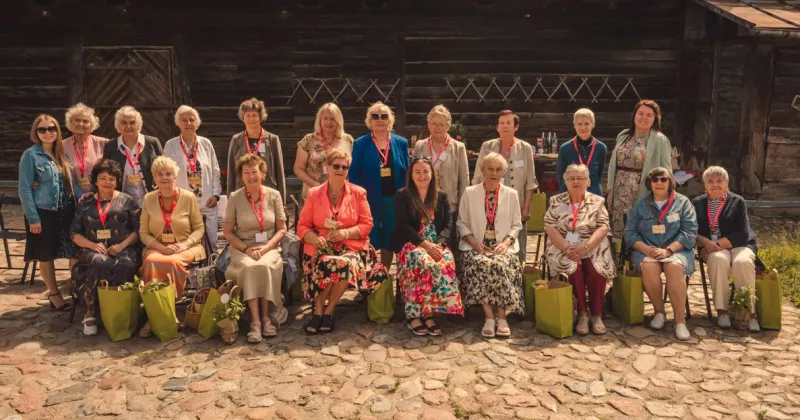The Year 2050: Too few Green Skills in an environmentally degraded Europe?

Author of original article in German: Antonia Unterholzer / CONEDU
Scientists from Europe have developed a strategic outlook on the future of ecologically sustainable competencies and professions as part of a working group for the European Commission. These competencies are known under the term "Green Skills," which encompasses a range of skills intended to support the process of sustainable change.
The working group develops forecasts for how Europe could look in 30 years based on four core dimensions. They inquire about the economic position of the European Union, regulatory measures taken or not taken, the state of the ecological environment, and the supply and demand for green jobs and competencies.
Scenario 1 for the year 2050: High demand for Green Skills with a high shortage of skilled workers in the Green Skills sector
In the first scenario, the European Union is a global leader in green technologies. Political measures and societal changes in lifestyles and values have largely curbed climate change. There is a high demand for qualified workers with so-called Green Skills in the labor market. However, due to demographic changes, there are not enough people of working age to meet this demand, according to the working group.
Scenario 2: Fighting skills mismatches in a degraded environment
In the second scenario, scientists paint a picture of a devastated environment and a polarized society. European politics has not taken any measures against climate change. Decision-makers have barely enacted laws that could have led to curbing the climate crisis. Natural disasters have become a permanent part of the global climate. The development of green technologies has been predominantly taken up by private companies, evolving into global corporations with a monopoly position and high export rates. Due to neglected political steps, this has simultaneously led to high socioeconomic inequality in the population. In this scenario, Europe has established itself as a global leader in green technologies, but qualified and competent workers cannot find employment due to low demand.
Scenario 3: A workforce left behind in a non-green world
The future of the third scenario is also dominated by a long-term ecological crisis, according to the scientists. The European Union ranks low internationally in the development of green technologies. Similar to the previous scenario, companies have no need for green workers, although the population has a high level of green qualifications.
Scenario 4: Fighting skills mismatches in a degraded environment
In the fourth scenario, national states globally largely curb the climate crisis. However, the European Union lags behind in this context and must catch up in the development of green technologies. For this, it needs workers with high green competencies. According to the working group, qualified and competent workers are not available in this scenario because political decision-makers have not implemented any changes in education.
Working group recomments embedding Green Skills in curricula for all professions
From the four future scenarios, the working group derives recommendations for policy. According to the scientists, European policy runs the risk of overlooking vocational training as a driver of green change. Highly qualified workers, such as those in research, are too much in focus. The way out of the climate crisis can only be mastered if politicians embed green competencies in all professions and curricula. A green Europe needs not only sustainable innovations but also an ecological transformation of infrastructure, which must be supported by workers from all income classes. If European policy does not consider this fact, there may be a widespread shortage of skilled workers in the field of Green Skills in the future.
Putting green vocational education in focus
Therefore, scientists recommend a restructuring of the education system in which Green Skills and sustainable qualifications take center stage. Educational offerings should increasingly impart knowledge in the areas of renewable energy, energy efficiency, sustainable agriculture, environmentally friendly transportation, waste management, and sustainable building technology. Strengthening green vocational education should become a key part of European policy to ensure the transition to a green Europe.
Inclusion as a response to demographic change
The scientists emphasize that in the future, a large part of the population may not be economically active due to old age. There is thus a risk of future labor shortages. Due to demographic changes, the foundation for green qualifications and jobs must be expanded. Therefore, the working group recommends addressing diversity and inclusion specifically. Policy-makers must take measures to create jobs in ecological research and green professions. This would require inclusive approaches and solutions both at universities and in vocational training. The specifics of these approaches are left open by the scientists.
More information:
Text/Author of original article in German: Antonia Unterholzer/CONEDU
Redaktion/Editing of original article in German: Lucia Paar/CONEDU
Titelbild: Pexels Lizenz, Mikhail Nilov, pexels.com





